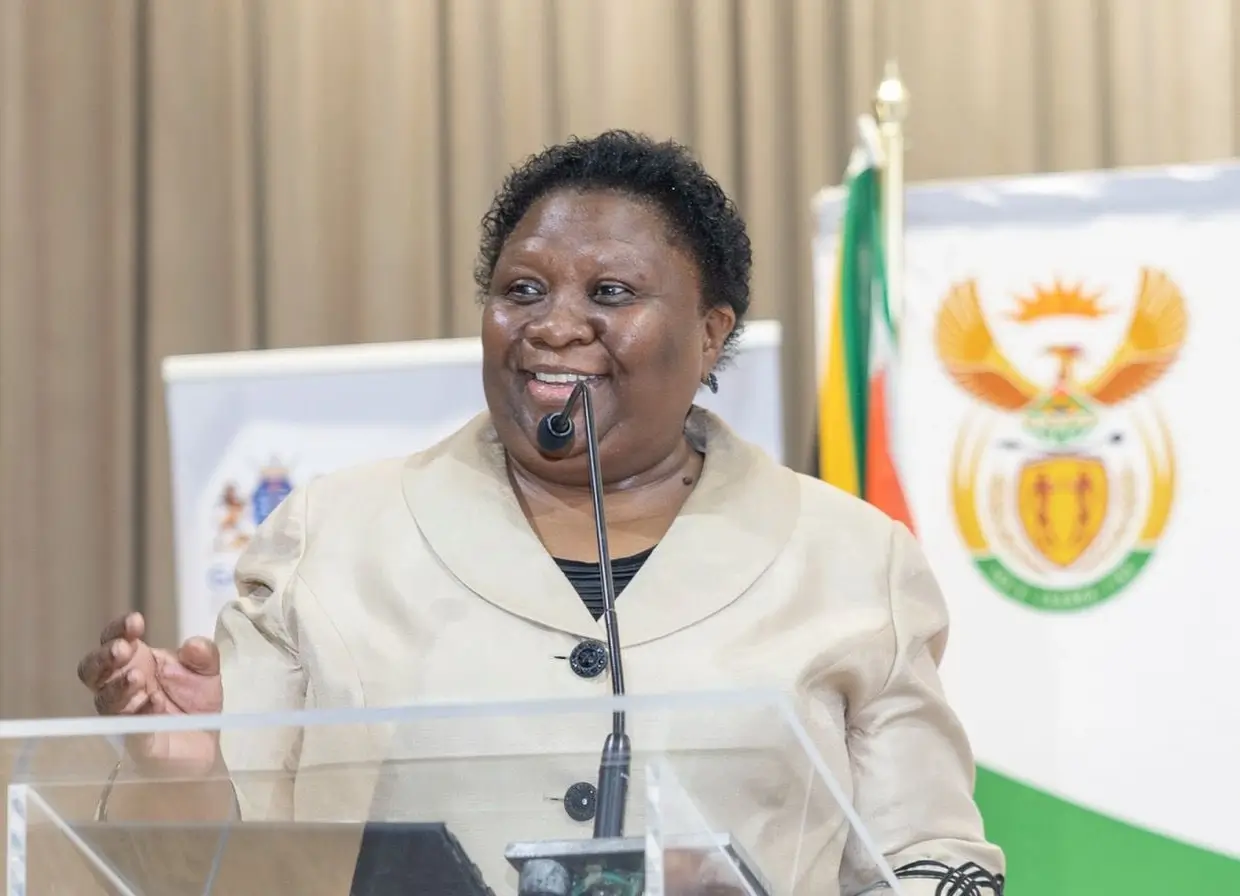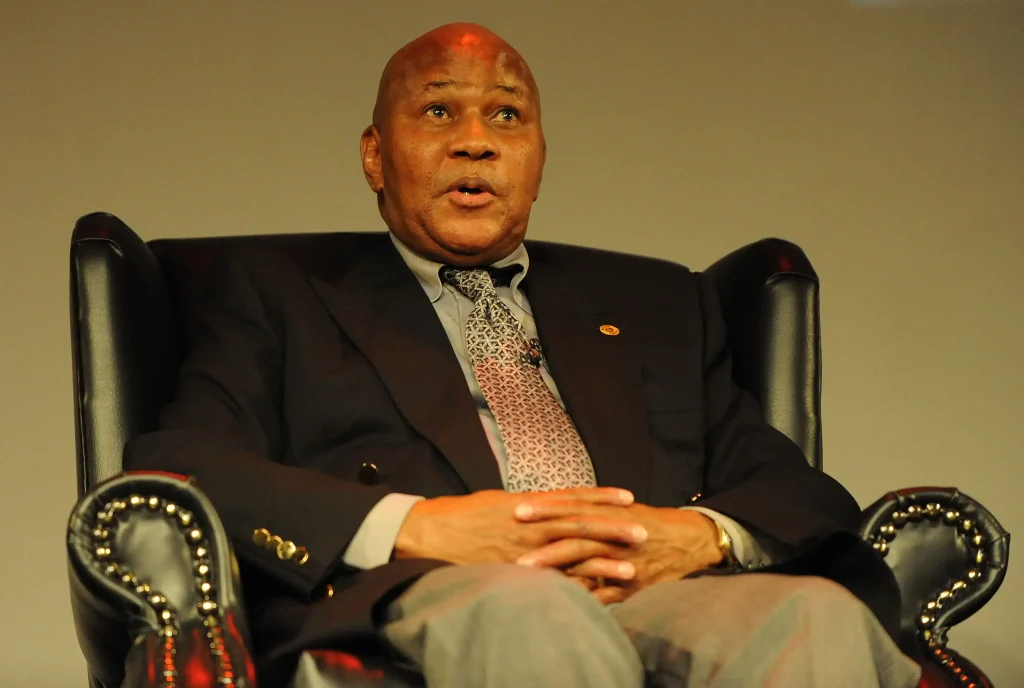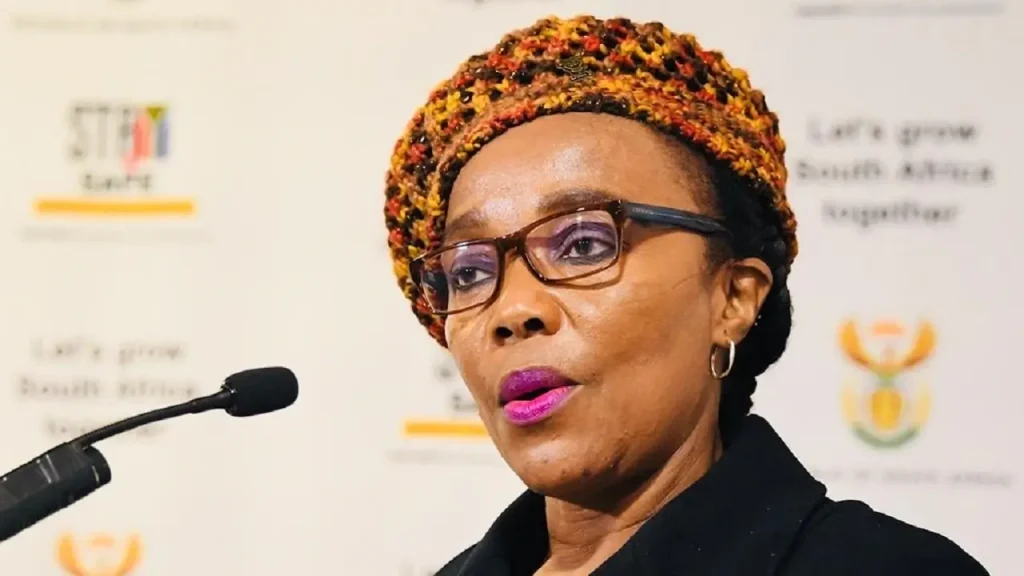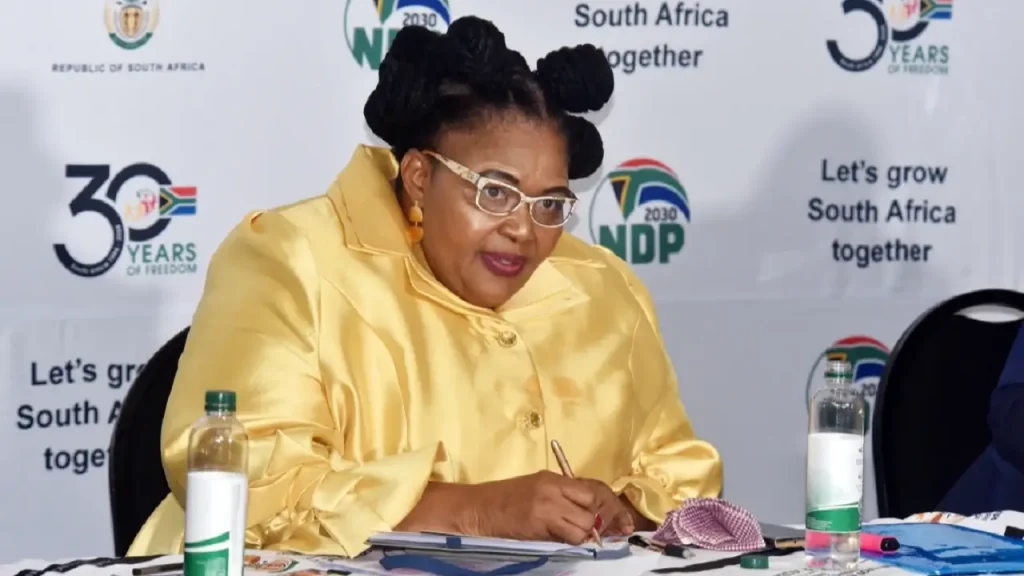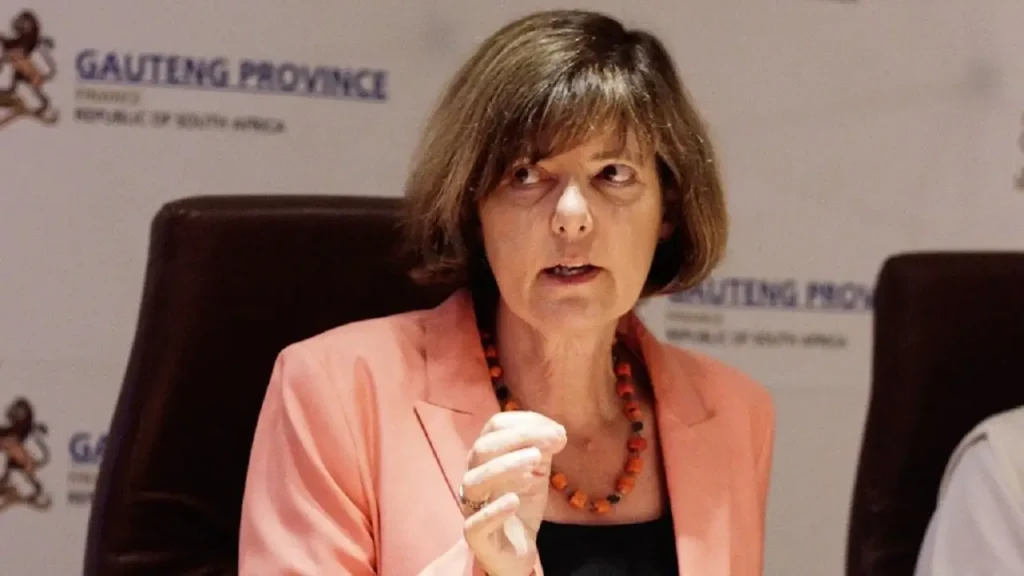Noxolo Kiviet has left an indelible mark on South African politics, particularly in the Eastern Cape, where she rose from a trade union leader to become one of the country’s most influential politicians. Here are 15 key facts you should know about her:
1. Born in Mdantsane
Noxolo Kiviet was born on 21 July 1963 in Mdantsane, which is located in the former Cape Province (now part of the Eastern Cape). Mdantsane is known for its vibrant community and history of resistance to apartheid.
2. Early Involvement in Trade Unions
Kiviet’s political journey began in the trade union movement during the apartheid era. She was involved with the Chemical Workers’ Industrial Union and held leadership roles, including serving as the Eastern Cape treasurer from 1991 to 1993 and the national deputy chairperson from 1993 to 1997.
3. ANC Affiliation
Kiviet has long been aligned with the African National Congress (ANC), actively participating in the ANC-affiliated Congress of South African Trade Unions (COSATU). She was the treasurer of the Border Kei regional branch from 1993 to 1994, which helped cement her role in South Africa’s post-apartheid political landscape.
4. Member of the Eastern Cape Provincial Legislature
Kiviet’s political career took off when she was elected as a member of the Eastern Cape Provincial Legislature in the 1994 general elections, marking the beginning of her long tenure in the province’s government.
5. ANC Provincial Treasurer (1996-2003)
Before ascending to the Speaker’s position, Kiviet served as the ANC’s provincial treasurer in the Eastern Cape from 1996 to 2003, working closely with prominent leaders like Makhenkesi Stofile.
6. First Term as Speaker of the Eastern Cape Provincial Legislature (2004-2009)
In 2004, Kiviet was elected as the Speaker of the Eastern Cape Provincial Legislature. She held this pivotal role until 2009, demonstrating her leadership abilities and establishing a strong political foundation.
7. Premier of the Eastern Cape (2009-2014)
Kiviet made history on 6 May 2009, when she was unexpectedly elected as the Premier of the Eastern Cape, becoming only the second woman to hold the post. She took over from Mbulelo Sogoni and led the province through a challenging period.
8. Criticism During Her Premier Tenure
Despite her leadership role, Kiviet faced criticism during her time as Premier. In 2012, she was rated as the worst-performing provincial premier by the South African Public Service Commission, a reflection of the challenges her administration faced.
9. Return as Speaker in 2014
After the 2014 general elections, Kiviet was re-elected to the Eastern Cape Provincial Legislature, but instead of retaining the premiership, she was reappointed as Speaker, a position she held until 2019.
10. ANC National Executive Committee (NEC) Member
In December 2017, Kiviet was elected to the ANC’s National Executive Committee (NEC), cementing her influence in the party. She was ranked 54th out of 80 elected ordinary members, signifying her growing influence within the ANC.
11. Move to National Politics in 2019
Kiviet made the leap to national politics in 2019, securing a seat in the National Assembly following the general election. Ranked 42nd on the ANC’s national party list, she took up a new role in South Africa’s national government.
12. Deputy Minister of Public Works and Infrastructure (2019-2023)
Following her election to the National Assembly, President Cyril Ramaphosa appointed Kiviet as the Deputy Minister of Public Works and Infrastructure. She worked under Minister Patricia de Lille and played a key role in shaping national infrastructure policies.
13. Promotion to Minister of Public Service and Administration (2023)
In March 2023, Kiviet was promoted to Minister of Public Service and Administration in a cabinet reshuffle by President Ramaphosa. This role had previously been filled by Thulas Nxesi in an acting capacity.
14. Education Controversy
Kiviet’s educational background has come under scrutiny. While she claims to have completed a Bachelor of Administration, an Honours degree in 2008, and a Master of Public Administration in 2010 from the University of Fort Hare, the university alleged that she had not completed her undergraduate degree. This sparked an investigation into potential degree irregularities, which Kiviet denied.
15. Loss in 2024 Elections
Kiviet’s political career in the National Assembly came to an end after the 2024 general election, as the ANC suffered a significant loss in seats, including Kiviet’s own. This marked the end of her tenure in the national legislature, but her political journey remains an important part of South Africa’s modern history.

